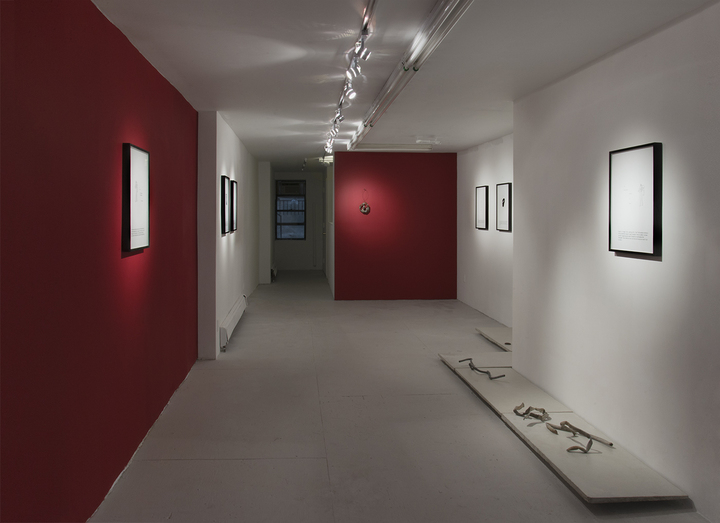
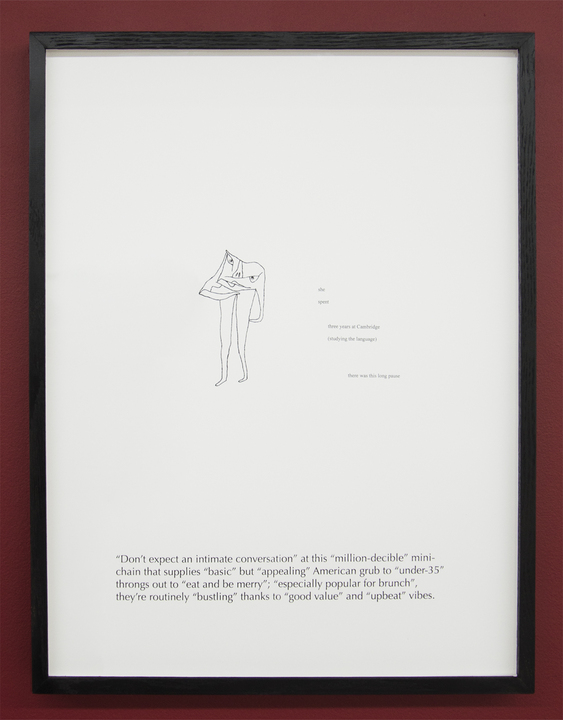
don’t expect an intimate conversation (three years at cambridge), 2014
Unique serigraph on Magnani Revere
23 x 17.5 in, in artist’s frame
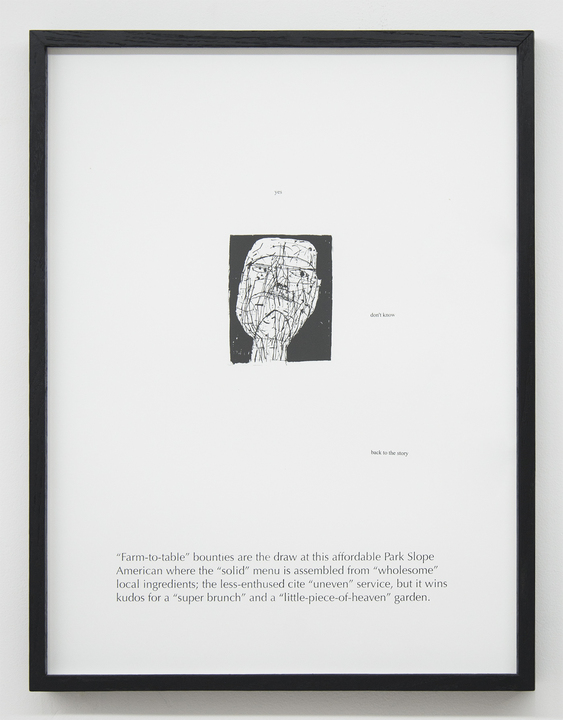
super brunch (yes, don’t know), 2014
Unique serigraph on Magnani Revere
23 x 17.5 in, in artist’s frame
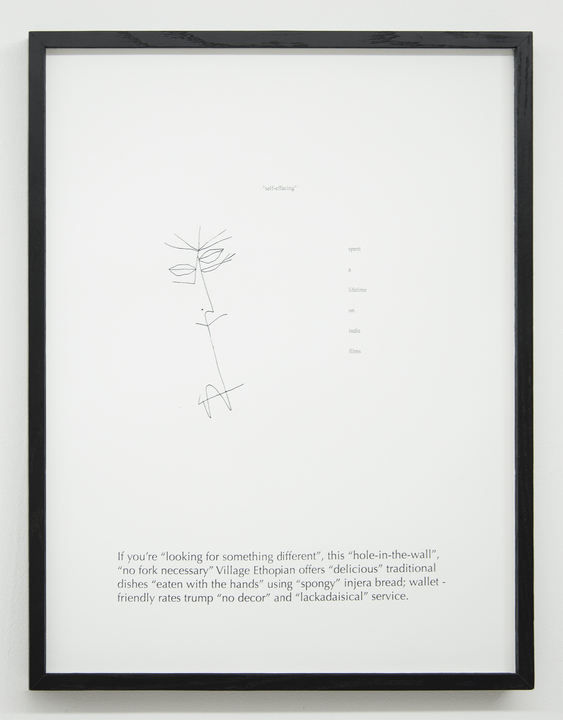
if you’re looking for something different (a lifetime on indie films), 2014
Unique serigraph on Magnani Revere
23 x 17.5 in, in artist’s frame
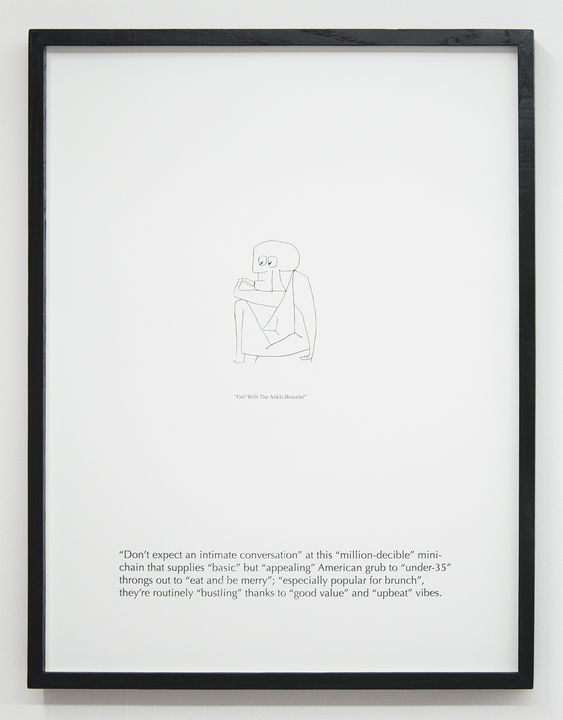
expect an intimate conversation (girl with the ankle bracelet), 2014
Unique serigraph on Magnani Revere
23 x 17.5 in, in artist’s frame
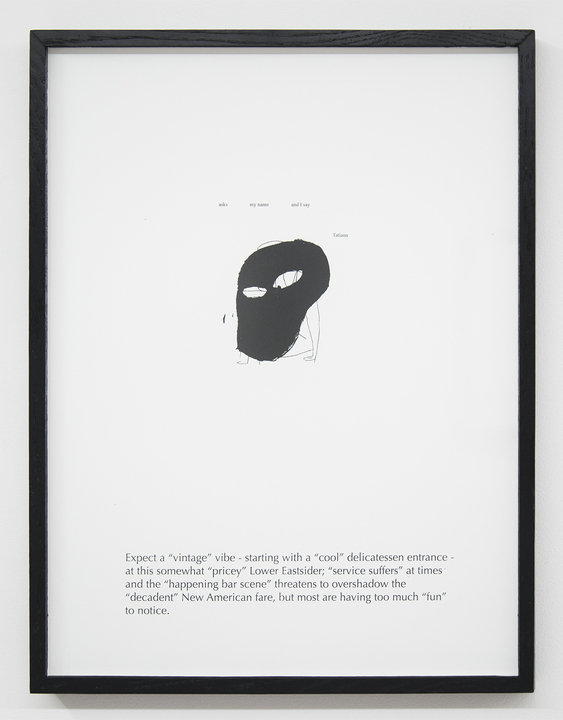
expect a vintage vibe (and I say), 2014
Unique serigraph on Magnani Revere
23 x 17.5 in, in artist’s frame
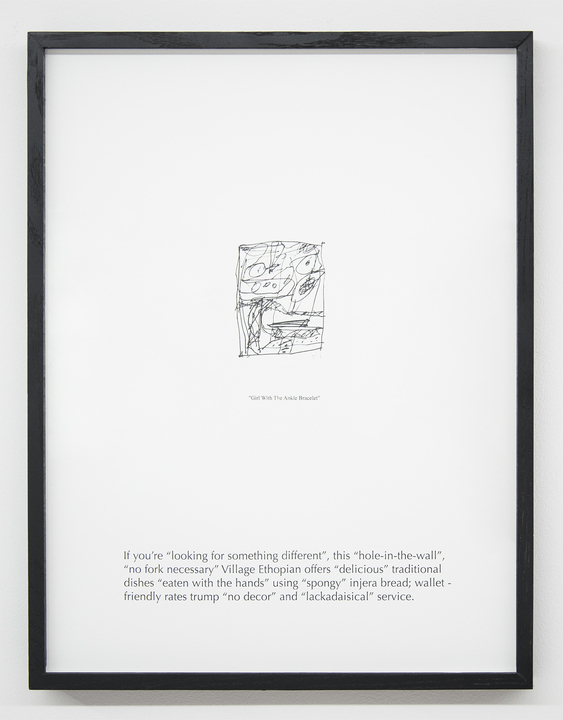
if you’re looking for something different (girl with the ankle bracelet), 2014
Unique serigraph on Magnani Revere
23 x 17.5 in, in artist’s frame
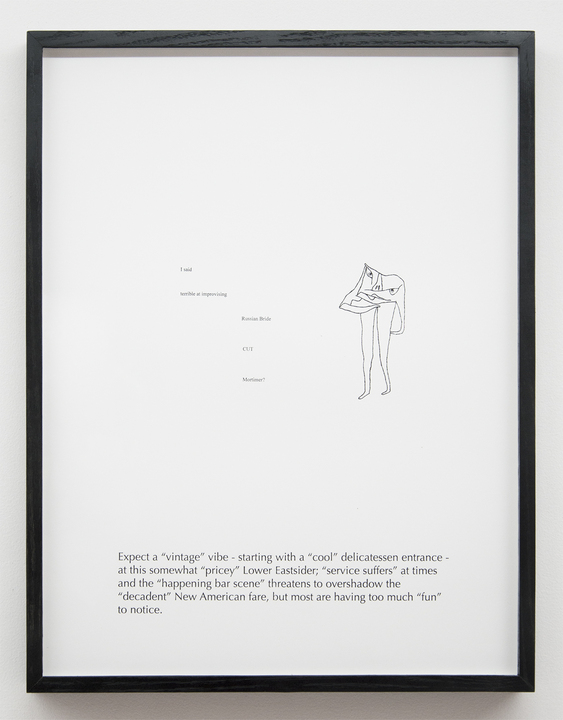
expect a vintage vibe (CUT), 2014
Unique serigraph on Magnani Revere
23 x 17.5 in, in artist’s frame
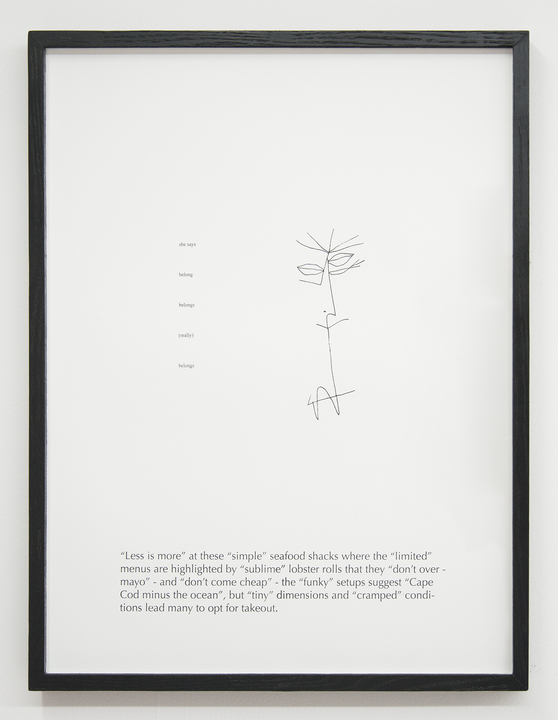
lobster rolls (really belongs), 2014
Unique serigraph on Magnani Revere
23 x 17.5 in, in artist’s frame

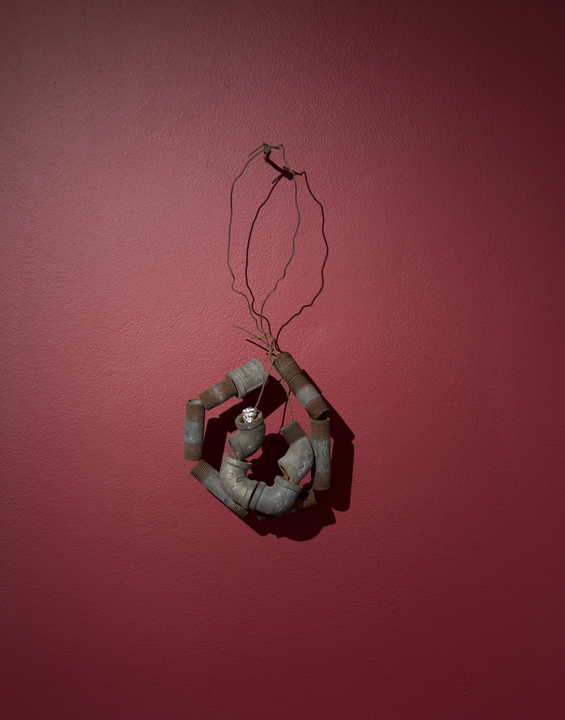
statement piece (steel fittings, wire, silver plated chicken neck), 2014
Steel fittings, wire, silver plated chicken neck
16 x 7 x 3 in
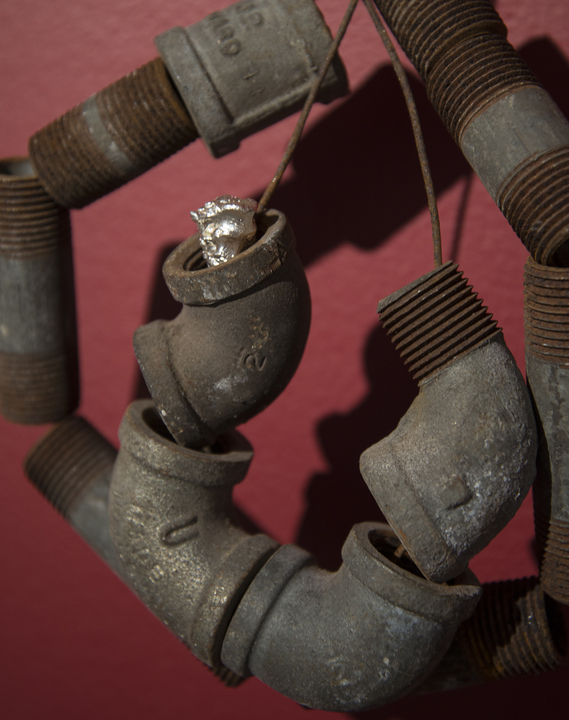

bones (lead), 2014
Lead
Dimensions variable
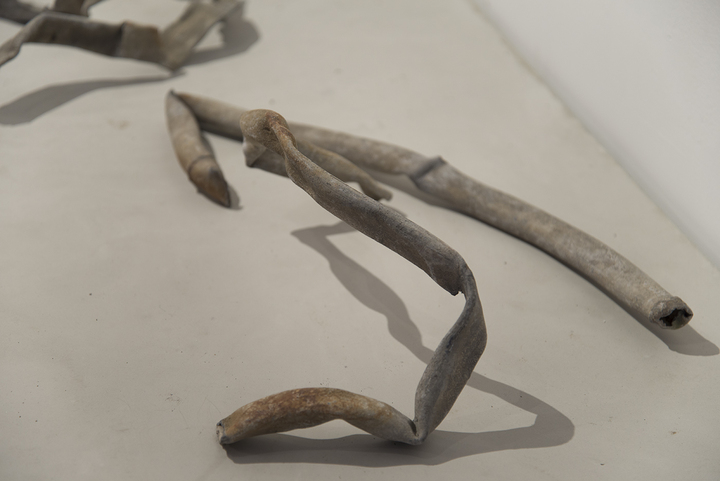

"You didn't earn the knowledge for yourselves, so you don't take responsibility for it. You stood on the shoulders of geniuses to accomplish something as fast as you could, and before you even knew what you had, you patented it and packaged it."
-Dr. Ian Malcolm, Jurassic Park, 1993
In Winter 2014, HBO premiered Doll and Em, a British comedy in which actor Emily Mortimer plays herself. Her costar, Dolly Wells (Mortimer's best friend on and off screen) is cast as Mortimer's newly hired personal assistant. The series traffics in its own discomfort. The stressfulness of the show comes in part from the monetized friendship between its best friend costars and the lavishly overprivileged Hollywood scenarios they inhabit. Yet even more, Doll and Em pulls tension from the conceptual setup in which Mortimer, with her slant self mimicry, becomes bisected on the uncanny line between a subject and its representation. The resultant drama unveils a universal non-truth of personhood, one which we might experience as humor.
In 1979 Tim and Nina Zagat established the first Zagat's Guide as a way to collect and correlate the experiences of restaurant diners. They began by surveying their immediate friend group. At present, hundreds of thousands of restaurant goers contribute to the reviews, which are set up on a 30 point system based on ratings for food, decor, service, and cost. The guide delivers us another sort of non-voice, that of the aggregated collective. As a piece of writing, as a work, it too feels disembodied, a ghostwritten critique of urban excess spoken with wry detachment from its own outrage. A plate of greens is "unbearably" spicy. A bowl of noodles is "beyond."
Blackberries is a show about voice.
XX
AM
14